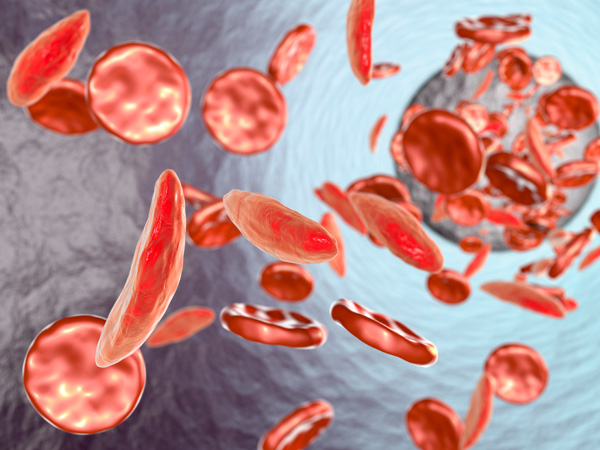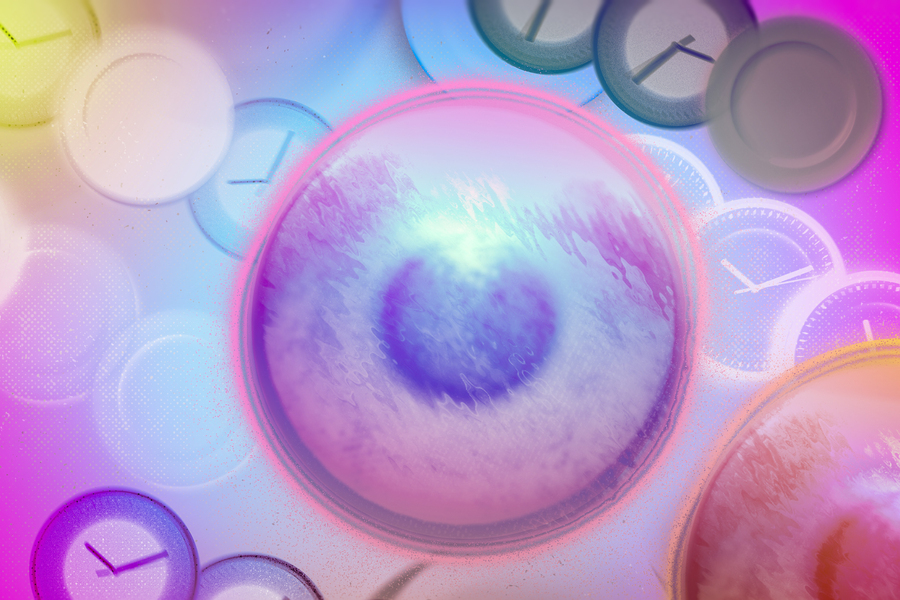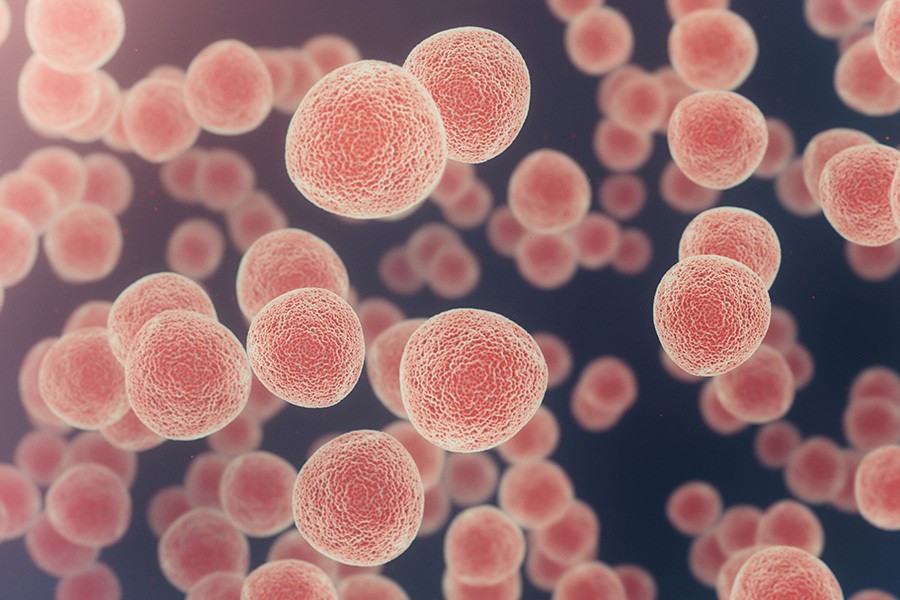Aging is something we all experience, but did you know that your cells play a significant role in how fast (or slow) the process unfolds? Cellular aging refers to the gradual decline in cell function over time, impacting your overall health and vitality. Sometimes, your cells might be aging faster than they should, leading to issues that go beyond wrinkles and gray hair.
Here are five subtle signs your cells are accelerating the aging process and what you can do to slow it down.

1. Persistent Fatigue
If you’re constantly tired, even after a good night’s sleep, this could be a sign of accelerated cellular aging. The mitochondria within your cells, responsible for energy production, may not be functioning optimally. This decline in mitochondrial efficiency forces your body to work harder just to maintain its basic functions, leaving you feeling drained.
Try to include nutrient-rich foods like leafy greens, whole grains, and nuts in your diet. These support mitochondrial health and energy production.
2. Slower Wound Healing
Do small cuts or bruises seem to take forever to heal? This is a subtle yet telling sign of cellular aging. Your body depends on healthy cells to repair and regenerate tissues. When this process slows, your body’s ability to heal diminishes.
You should try to boost your intake of vitamin C and zinc, which are essential for tissue repair. Also, stay hydrated, as water is crucial for efficient cell regeneration.
3. Frequent Illnesses
Are you catching every cold or flu that goes around? Accelerated cellular aging can weaken your immune system, making it harder for your body to fight off infections. Aging cells, particularly those in your immune system, don’t respond as effectively to threats, leaving you more vulnerable.
Always focus on stress management, as chronic stress weakens immunity over time. Practices like meditation and yoga can help regulate stress hormones and protect immune cells.
4. Changes in Skin Elasticity
Your skin can be a visual clue to what’s happening on a cellular level. Loss of elasticity, increased dryness, or fine lines appearing prematurely suggest that the collagen-supporting cells in your skin are breaking down faster than they should. This is often due to oxidative stress, a process that damages cells over time.
Antioxidants are your skin’s best friend. Load up on berries, dark chocolate, and green tea to fight oxidative stress. Also, limit sun exposure and use sunscreen daily to prevent damage from UV rays.
5. Brain Fog
If you find yourself struggling to focus or recall information, it may be linked to cellular aging in your brain. Neurons, the cells responsible for transmitting information, can lose their efficiency as they age, leading to mental sluggishness.
Regular physical activity can boost brain cell health by improving blood flow and stimulating the production of new neurons. Even a daily 30-minute walk can make a big difference.
How to Support Your Cells?
You have the power to slow down cellular aging with a few intentional lifestyle changes:
- Eat a Balanced Diet: Focus on whole, nutrient-dense foods that support cell health and reduce inflammation.
- Prioritize Sleep: Sleep is when your body repairs cells. Aim for 7–9 hours of quality sleep each night.
- Stay Active: Regular exercise invigorates your cells and promotes their longevity by reducing stress on mitochondria.
- Manage Stress: Chronic stress accelerates aging at the cellular level. Incorporate relaxation techniques like deep breathing into your daily routine.
- Hydrate Well: Dehydration can impede cell function, so make drinking water a priority throughout your day.
Conclusion
Your cells work hard to keep you thriving. By recognizing the early signs of accelerated aging and taking proactive steps, you can slow the process and keep your body feeling youthful and vibrant for years to come.



